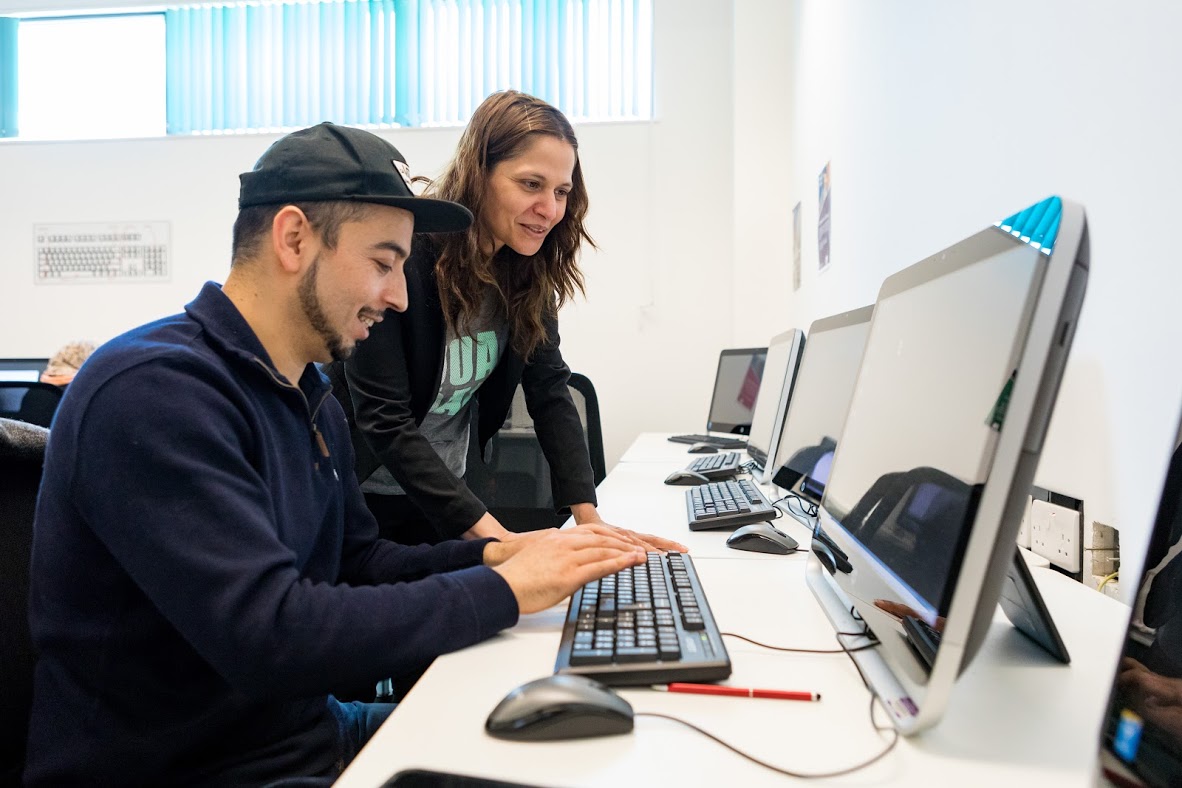My QTLS experience: Darren Bolton
I was a programme leader for further education (FE) and higher education (HE) students from 2014-17, teaching ‘Mathematics for engineering technicians’, ‘Electrical principles’, ‘Avionics systems’ and ‘Air legislation’. I decided I wanted to hold an award which recognised a commitment to professionalism. I also recognised the ‘portability’ of Qualified Teacher Learning and Skills (QTLS) in that it allows practitioners the ability to apply for secondary teaching roles as well as FE/HE roles.
What did you like about it?
The process of professional development facilitates genuine improvement in your practice. Critical reflection is a process that helps to identify good practice and areas for development and improvement. Undergoing QTLS has resulted in a realisation that continuous professional development is not something that we just pay lip service to and ‘endure’ during PGCE. As a direct result of undergoing QTLS I now maintain details of all my CPD activities in the My SET dashboard area. In addition to being a genuine ‘lifelong learner’, I now consider myself to be a ‘lifelong improver’.
How has QTLS impacted your career?
My current role as a teacher in an English speaking school in China did not require QTLS. However, I knew that at point in the future I would return to the UK and that I would enjoy the opportunity to teach in a secondary environment. Without QTLS, secondary schools would only be able to accept applications from FE/HE lecturers as ‘NQT’s.
What impact has it had on your practice and your learners?
During QTLS I conducted a lot of research reading, some of which indicated a link between the increased use of information and communications technology (ICT) and student achievement. As a direct result of professional formation, I have embedded ICT into many of my lessons.
What impact has it had on your organisation?
I was able to share some of the knowledge gained from my research reading with my colleagues. In my current role I have demonstrated the use of the ‘Plickers’ application to some of my teaching colleagues who have appeared impressed with the engagement of students and the benefits of the application.
How has it benefited you as a practitioner?
I am definitely a more reflective practitioner now. I am also much more focused on professional development activities, for example, research reading and maintaining currency with organisations such as the National Centre for the Excellence in Teaching of Mathematics (NCETM).
What are you going to do next and how will you continue to develop your practice?
I am now looking towards a period of consolidation. I would like to obtain a role as a secondary mathematics teacher from September 2018 and I am very interested in the NCETM ‘Mastery’ programme. Future goals include attaining Specialist Leaders of Education (SLE) status and Advanced Teacher Status (ATS).
What advice would you give teachers/trainers who are thinking about undertaking QTLS?
Like most endeavours, the more effort you put into something, the more you get out of it. If you really ‘buy in’ to the idea of professional formation, you will develop into a better practitioner with good reflective processes and an active interest in continuous professional development.
Teaching is a second career for me (I was formerly an aircraft engineer/manager). As a member of the Society for Education and Training (SET), I have the overarching support of an organisation that provides advice, training and professional support, as I journey from QTLS, through to ATS and beyond.

check your eligibility and apply for QTLS QTLS - Professional Formation
QTLS is the badge of professionalism for post-14 education and training. It’s aimed at helping you advance your career and to demonstrate your expertise and experience to your colleagues, employers and learners.
Find out more about QTLS
